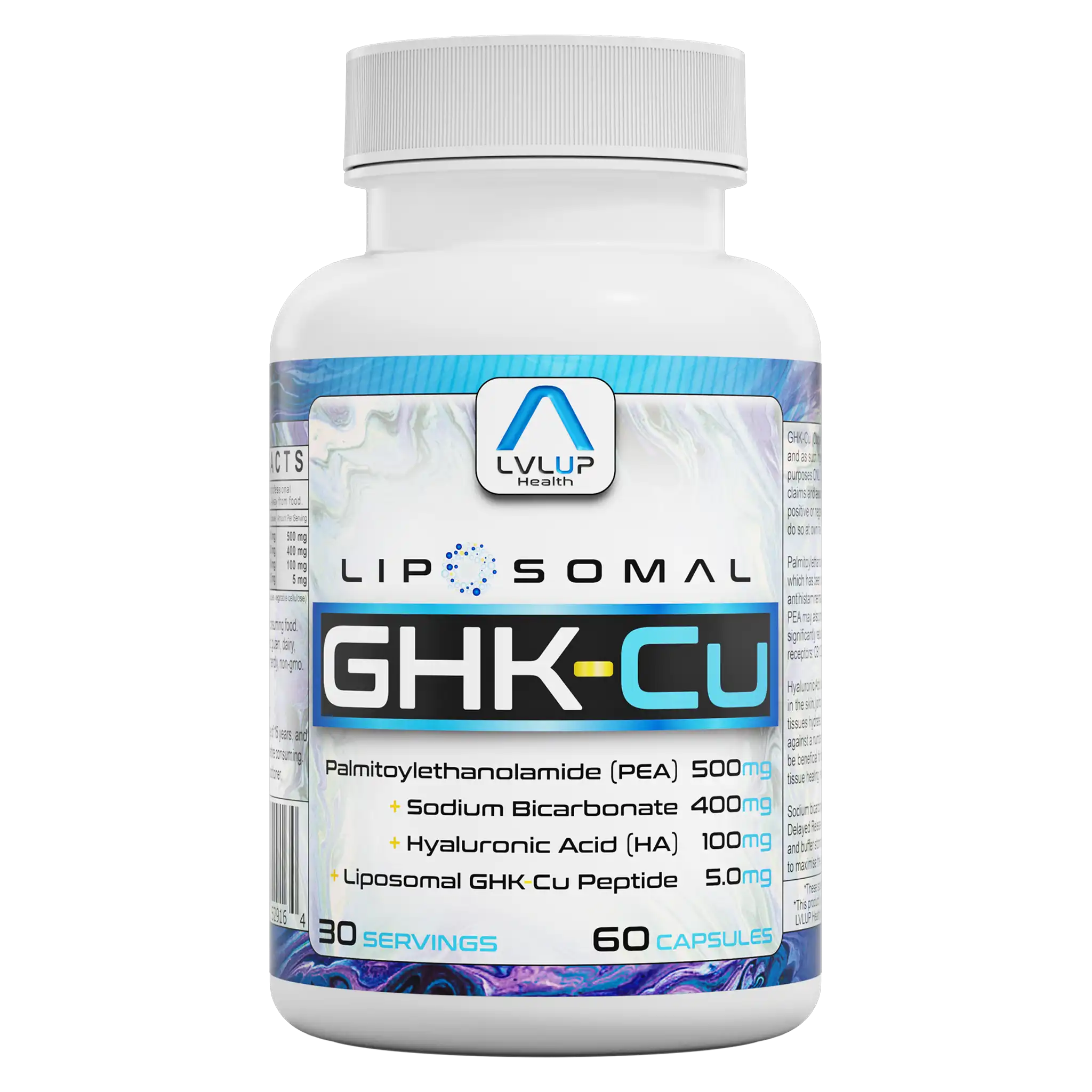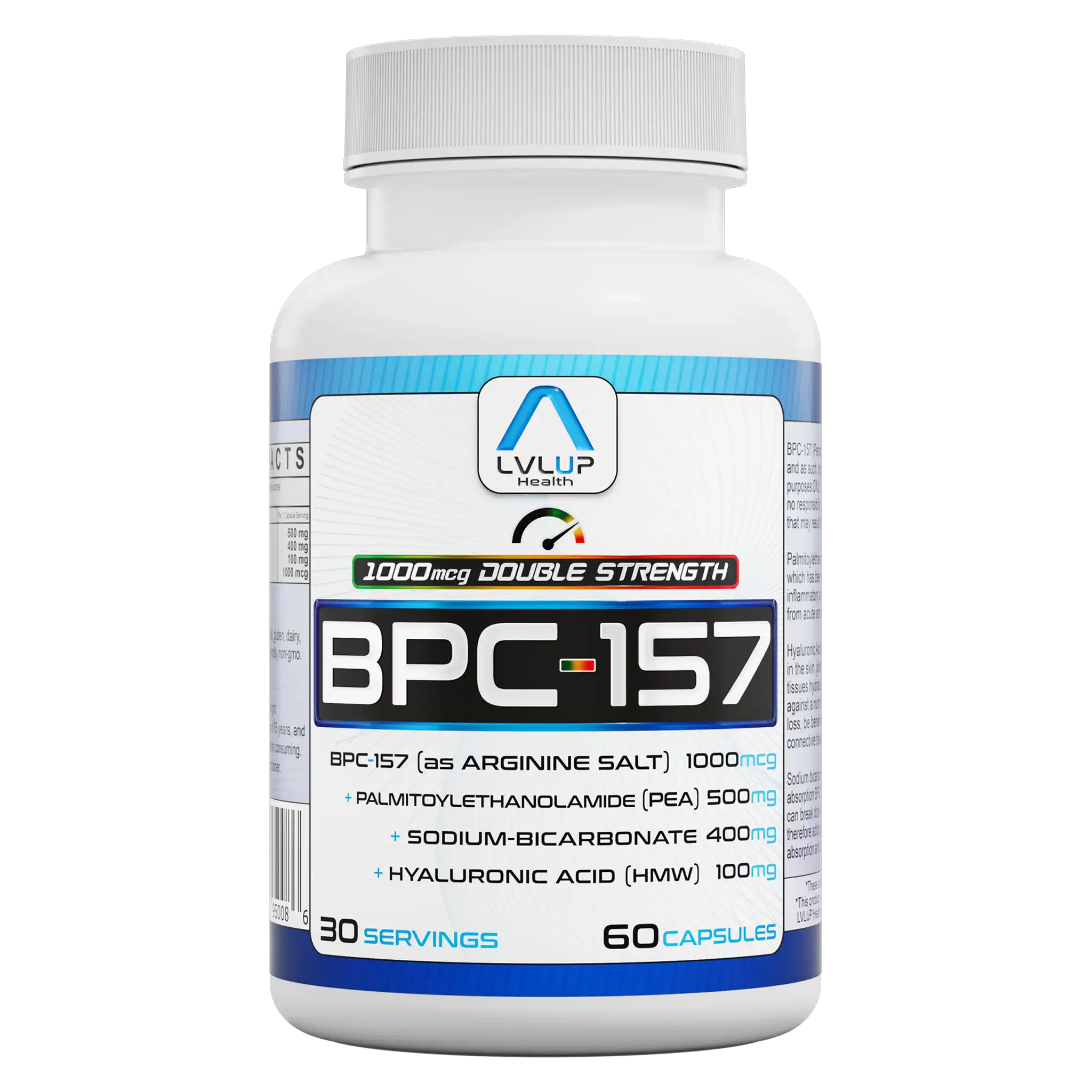L-BAIBA
About L-BAIBA
Origin and Mechanism
L-BAIBA is a fascinating molecule at the crossroads of exercise science and nutrition. During any physical activity, from a light jog to an intense workout, your muscles release L-BAIBA into the bloodstream. This process encourages the body to utilize stored fat for energy – a process known as fat oxidation. Additionally, it promotes the conversion of white fat cells to behave more like brown fat cells, which are more efficient at burning calories.
Blood Sugar and Inflammation
L-BAIBA also assists in glucose uptake by cells, which helps in moderating blood sugar fluctuations after meals. Some studies suggest it might help in reducing inflammation, though further research is necessary to fully understand this effect in humans.
Supplementation and Uses
You’ll often find L-BAIBA in supplements geared towards supporting metabolism or providing steady energy, especially when daily workouts aren’t feasible. It’s frequently paired with amino acids or adaptogens that aid muscle function and metabolic health, available in capsule form or mixed into powder blends.
LVLUP Products
At LVLUP Health, L-BAIBA is included in products like Tesofensine and Total Recomp. The focus here is on comprehensive metabolic support, whether it’s influencing hunger signals or being part of a broader formula targeting glucose control and thyroid balance.
Found In
Formulated With
Detailed Information
Biochemical Pathways
L-β-aminoisobutyric acid (L-BAIBA) is a non-proteinogenic amino acid produced during the breakdown of valine via methylmalonic semialdehyde intermediates. Exercise-induced muscle contractions increase plasma levels of L-BAIBA, as observed in both human and rodent studies. L-BAIBA activates peroxisome proliferator-activated receptor alpha (PPARα) signaling in adipose tissue, promoting the browning of white adipocytes through increased UCP1 expression and mitochondrial biogenesis (PGC-1α signaling), enhancing oxidative metabolism gene expression.
Metabolic Effects
Metabolically, L-BAIBA boosts hepatic β-oxidation enzyme activity and reduces gluconeogenesis by downregulating genes such as G6Pase and PEPCK. This supports lipid homeostasis and decreases hepatic glucose output. Its anti-inflammatory properties are linked to reduced NF-kB pathway activation and decreased TNF-α and IL-6 production in muscle and adipose tissue microenvironments.
Cellular Impact
On a cellular level, BAIBA activates AMP-activated protein kinase (AMPK), influencing pathways involved in GLUT4 translocation and improving insulin sensitivity across muscle and fat cells. Initial research suggests potential neuroprotective effects through microglial suppression; however, more studies are needed to determine BAIBA’s ability to cross the blood-brain barrier and its presence in central nervous system compartments.





